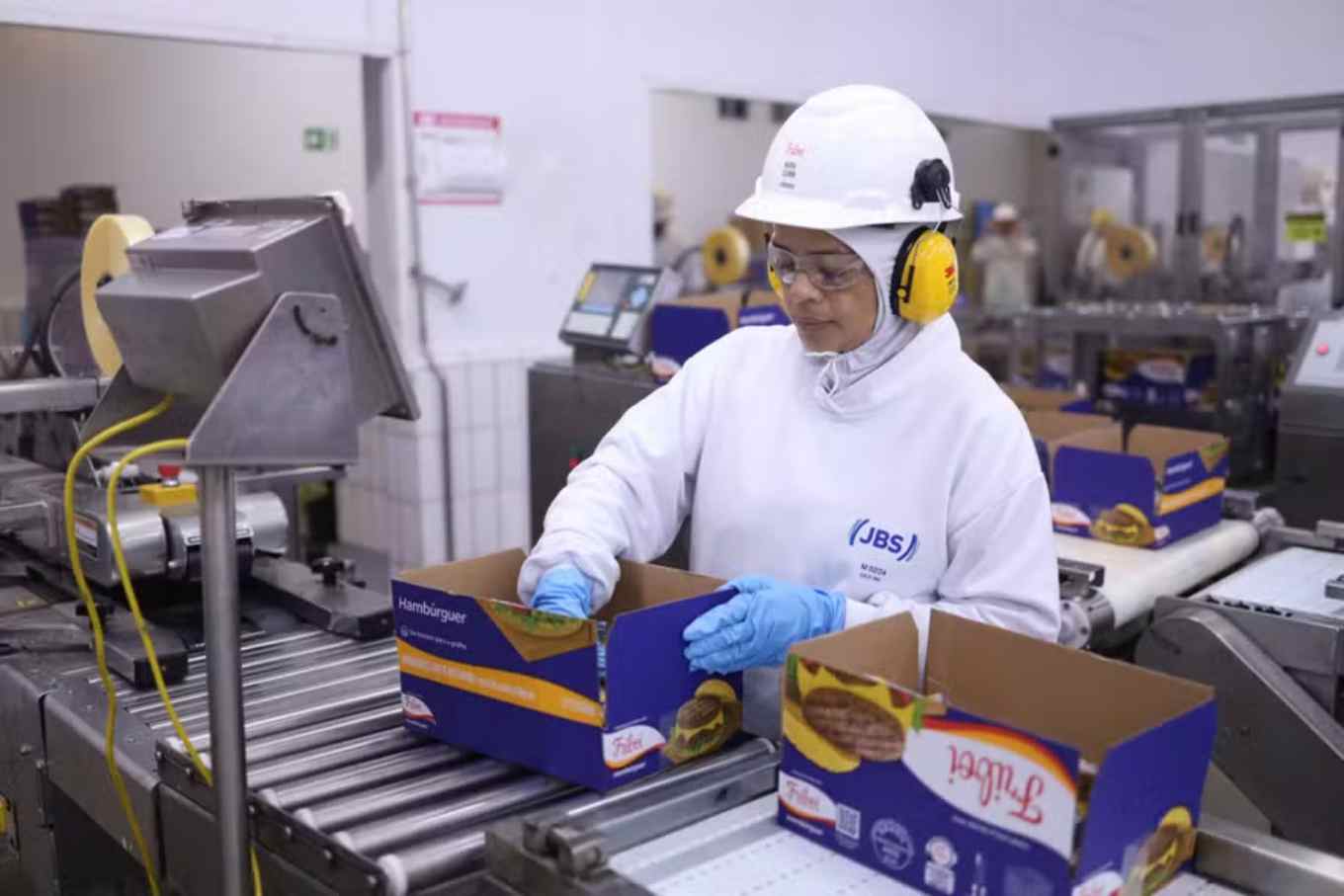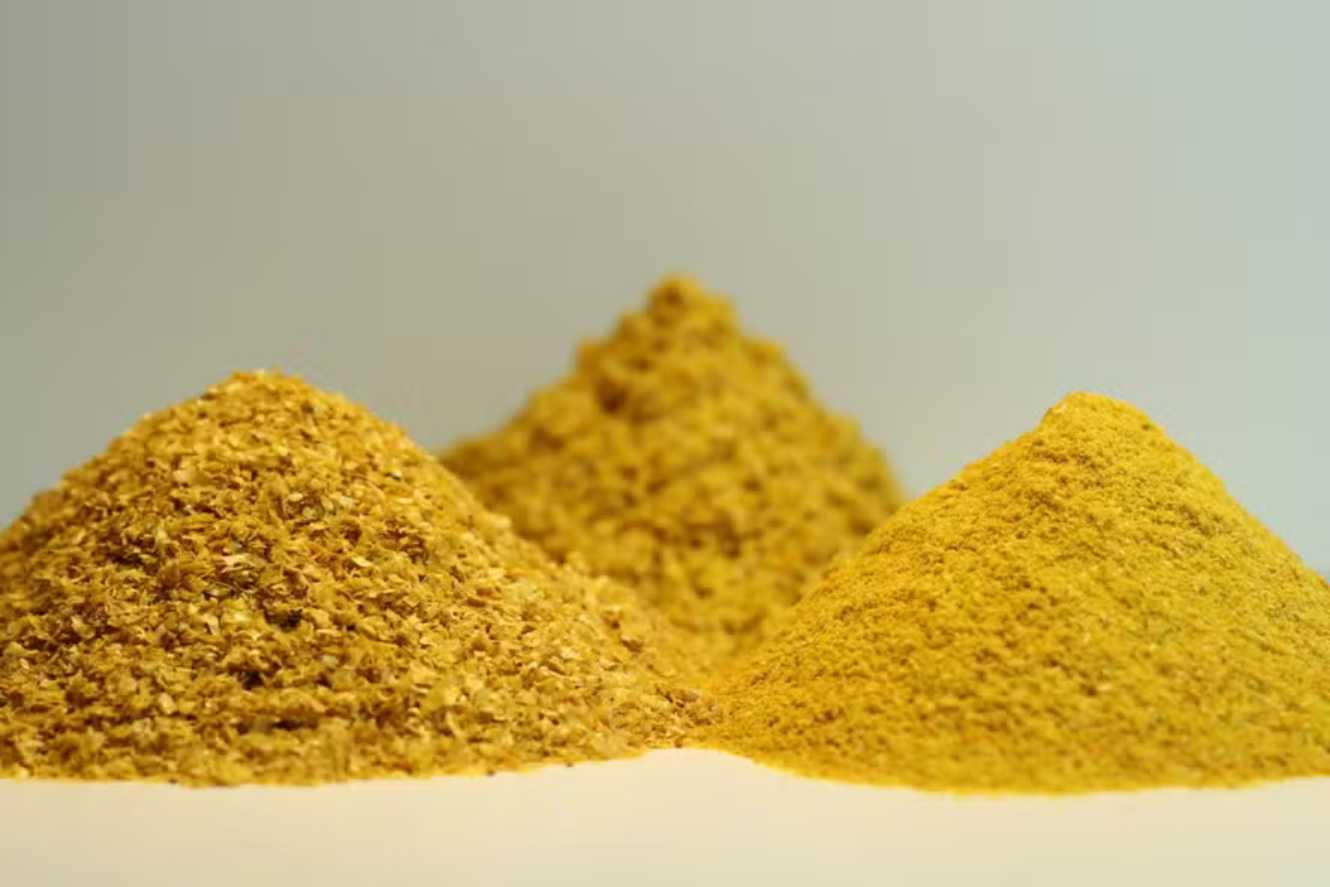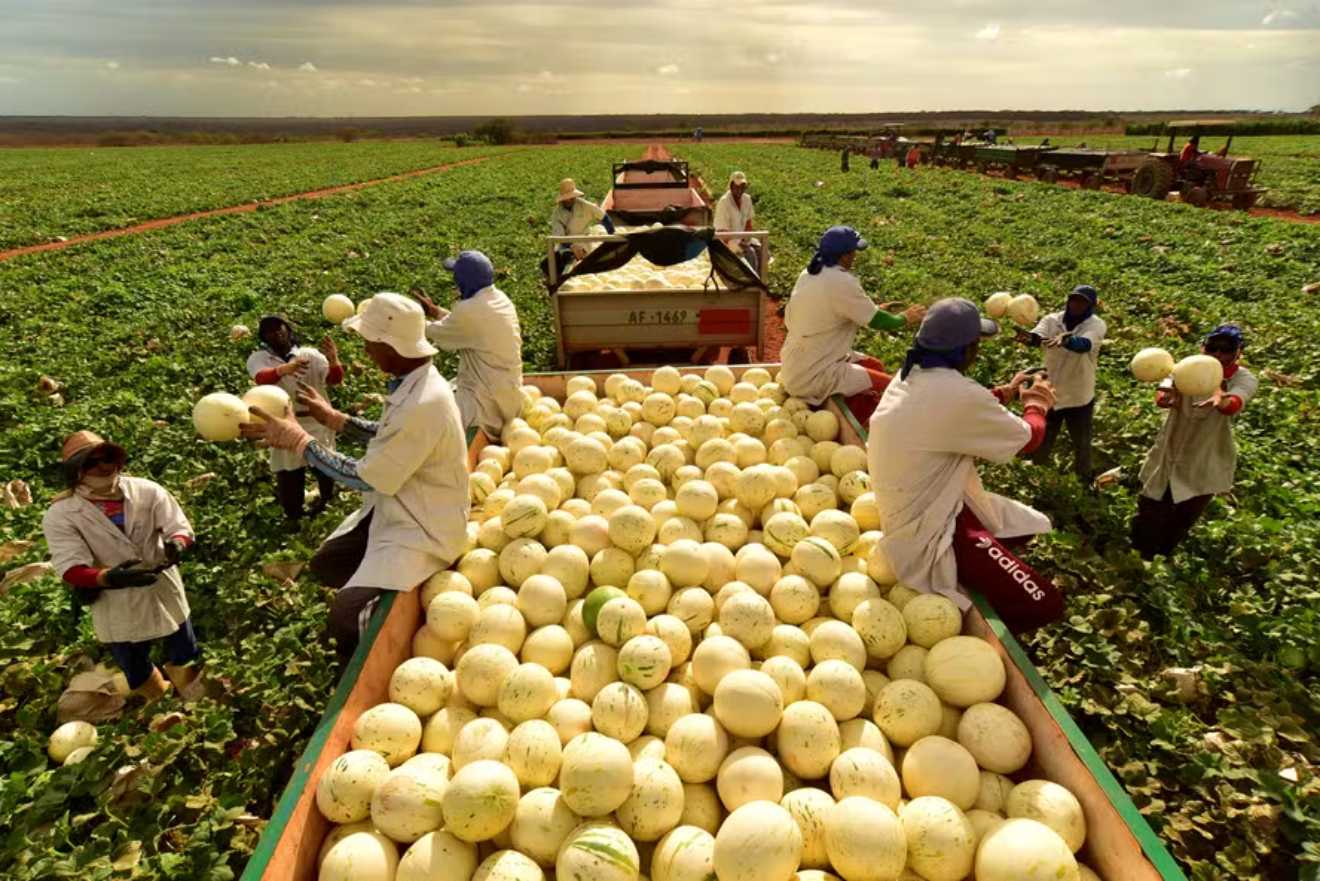JBS, one of the largest food companies in the world, is expected to export nearly one million tons of products to China in 2024, according to estimates shared by Wesley Batista, a board member and shareholder of JBS and its U.S. subsidiary, Pilgrim’s Pride, during an online event hosted by BTG Pactual on November 4.
Batista highlighted that Brazil is opening up markets due to growing international demand for its agricultural products. He pointed out that China is becoming an increasingly important market, with significant potential for expanding consumption as the country’s population’s dietary habits become more sophisticated.
Ricardo Faria, chairman of Granja Faria, also participated in the event, sharing insights on the growing demand for Brazilian products, especially eggs and poultry meat, in global markets like China and India. Faria believes that India’s market presents an important opportunity for growth in exports.
Both Batista and Faria emphasized Brazil’s unique advantage in the global agricultural market, noting that the country is one of the few with the potential to expand its production significantly. This is particularly true given the vast amount of degraded pasturelands that can be rehabilitated for farming.
“We have 200 million head of cattle in Brazil, while the U.S. has 100 million, and yet the U.S. produces more than Brazil. This shows how much Brazil can increase its production,” Batista explained.
To improve productivity, the industry relies on technology and proper animal nutrition, which will help meet the increasing demand.
Challenges for the Industry
However, both Batista and Faria acknowledged several challenges that the industry faces. Batista mentioned labor and tax-related bottlenecks, pointing out that tax reform is long overdue in Brazil and, if addressed properly, could bring significant progress.
Another challenge is the scarcity of labor and infrastructure in certain production regions. “In our Diamantino plant in Mato Grosso, we slaughter 2,000 head of cattle a day. I want to increase this to 3,000, but there simply aren’t enough workers. And even if we look to bring workers from other states, there is no housing available,” Batista said.
Faria also emphasized the need for greater self-regulation within the meatpacking sector, stressing that better controls are needed to maintain high standards of operation and traceability.





